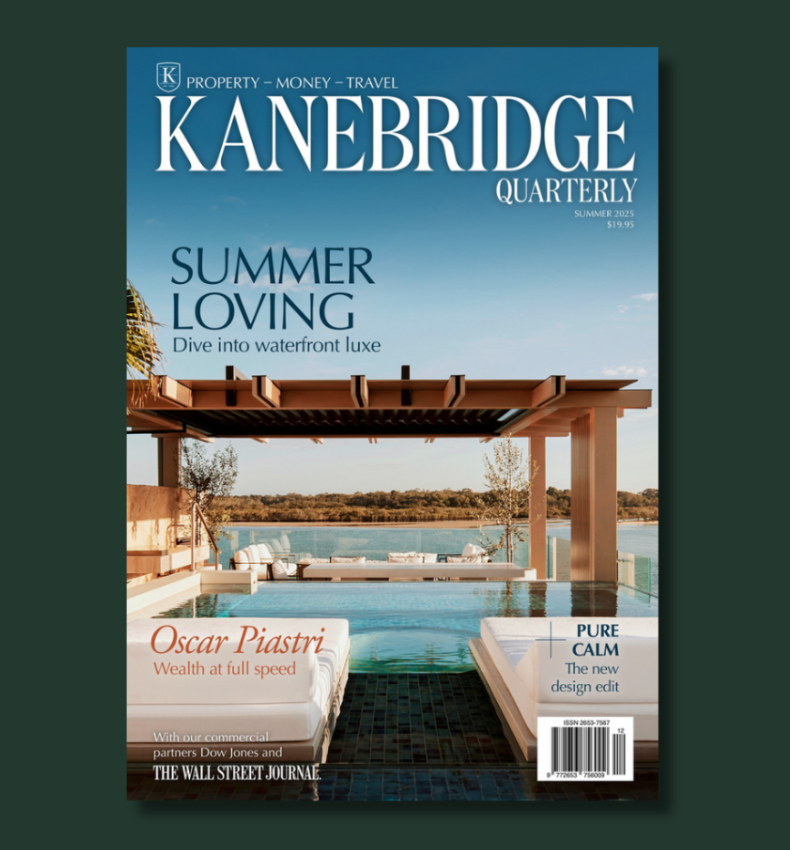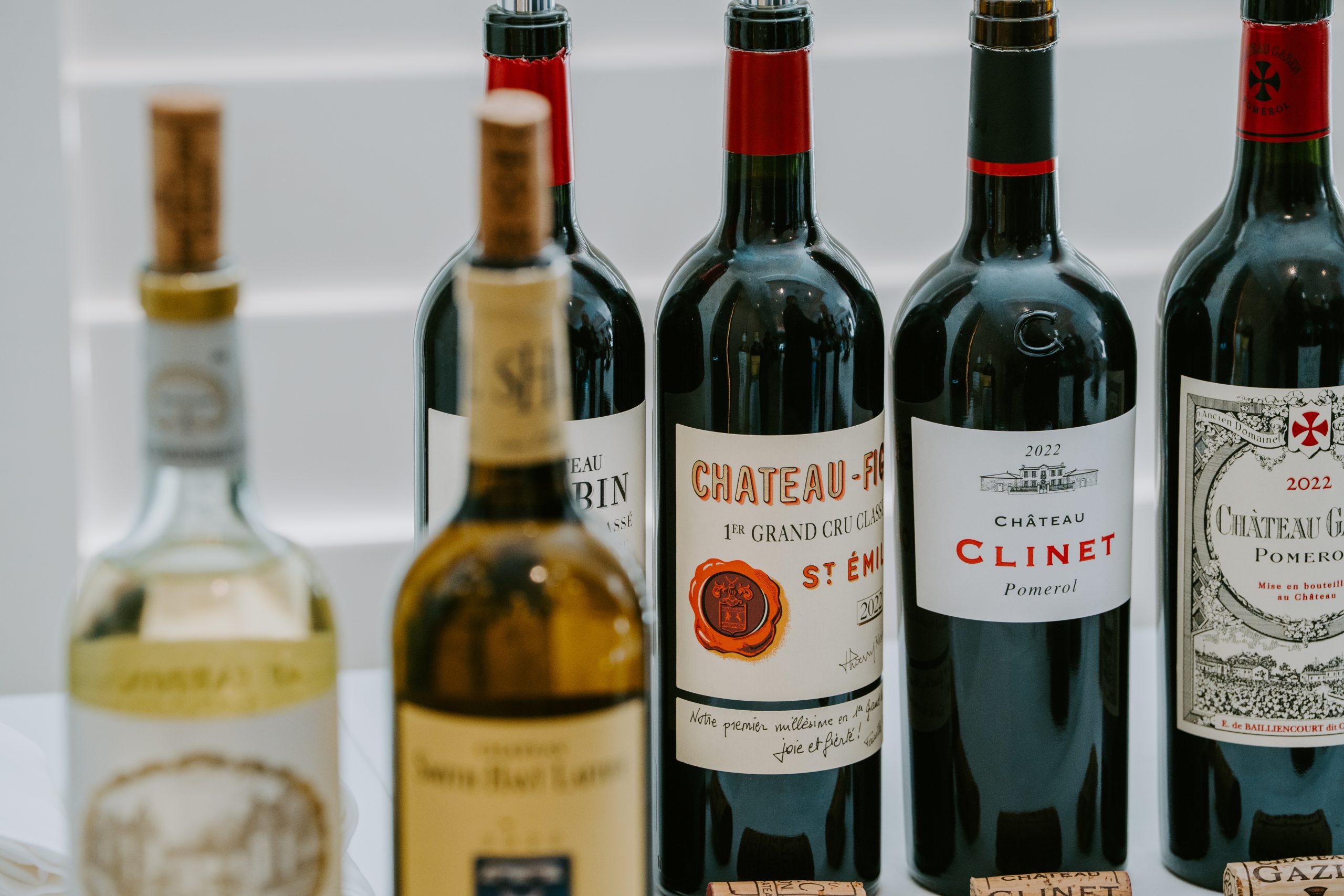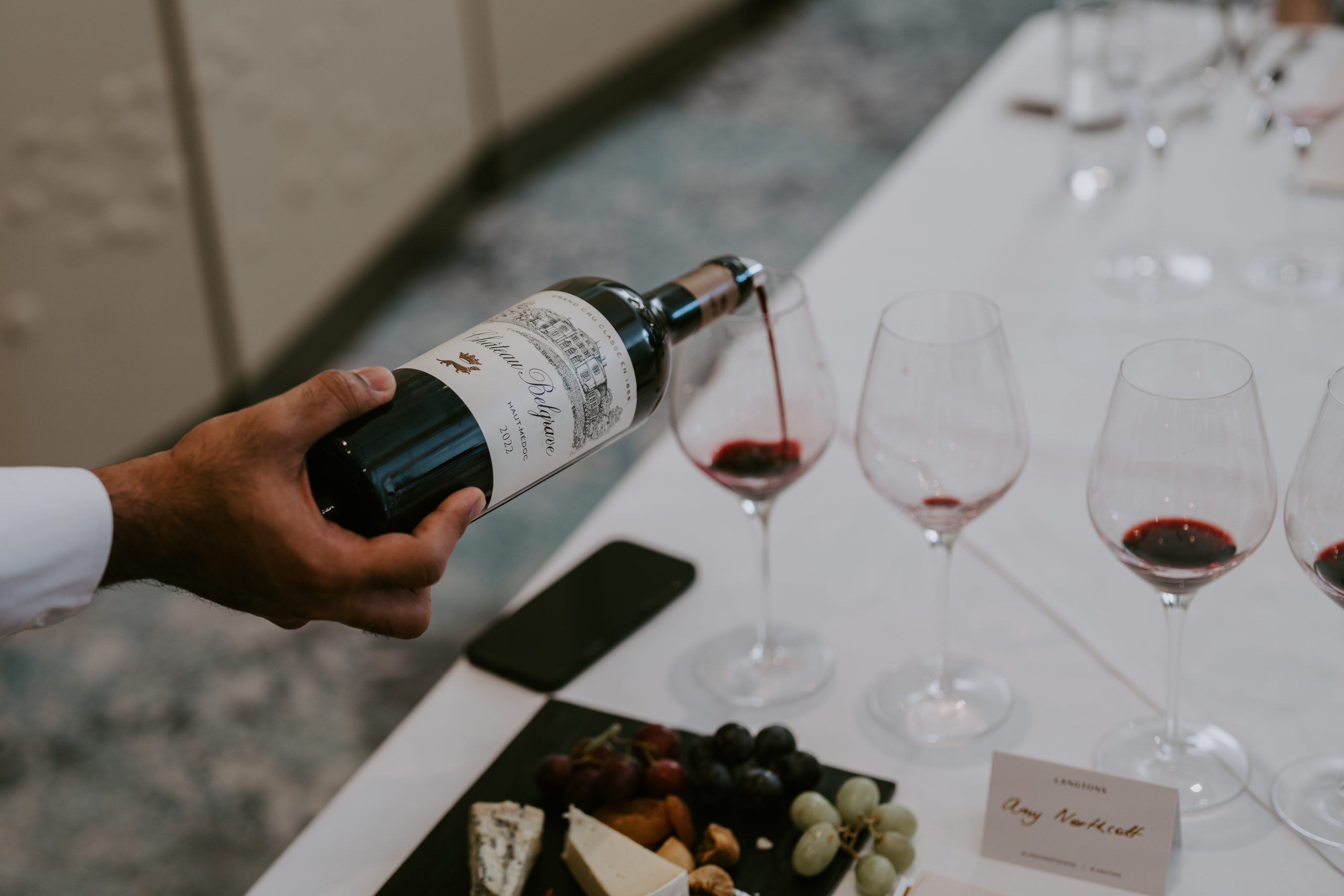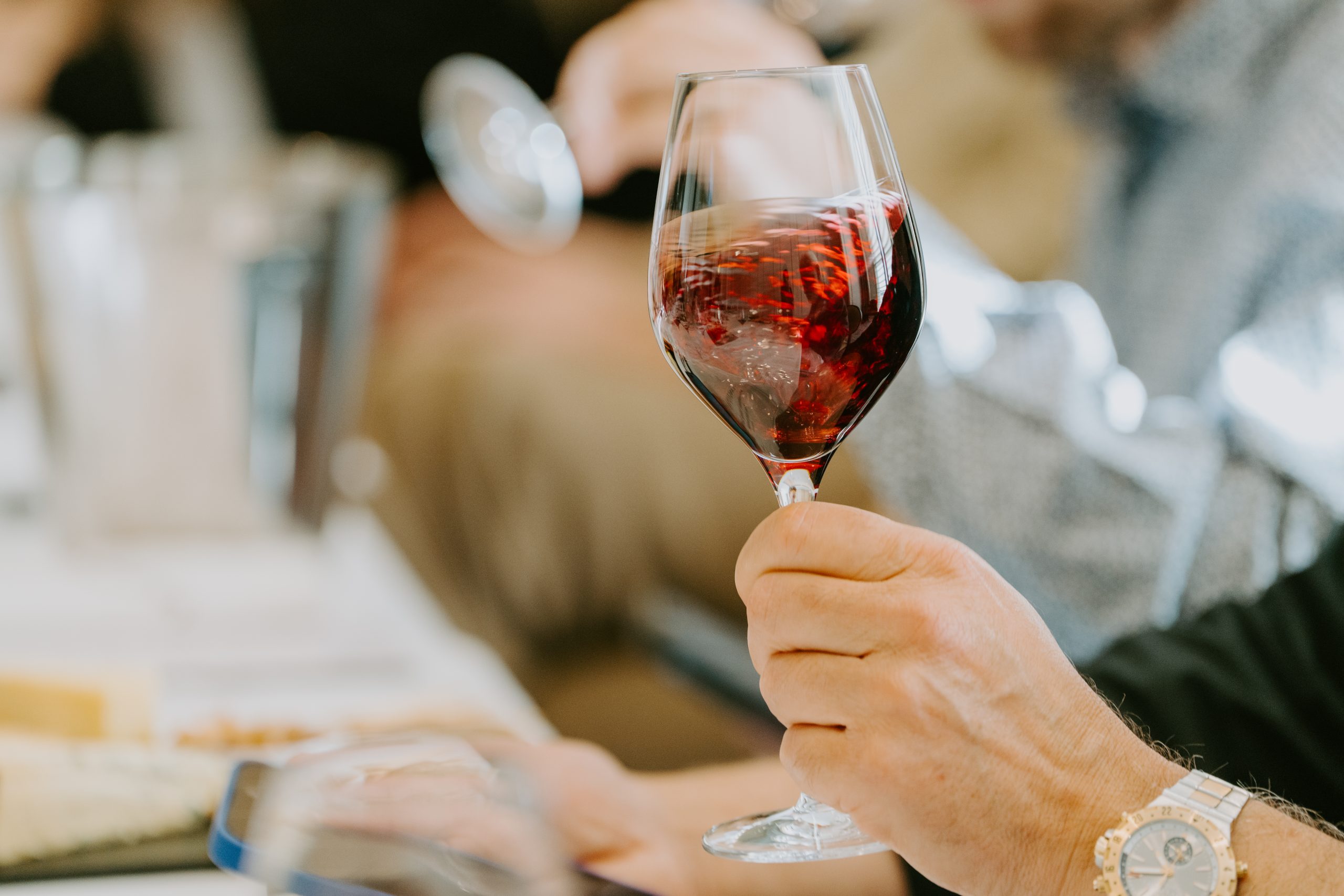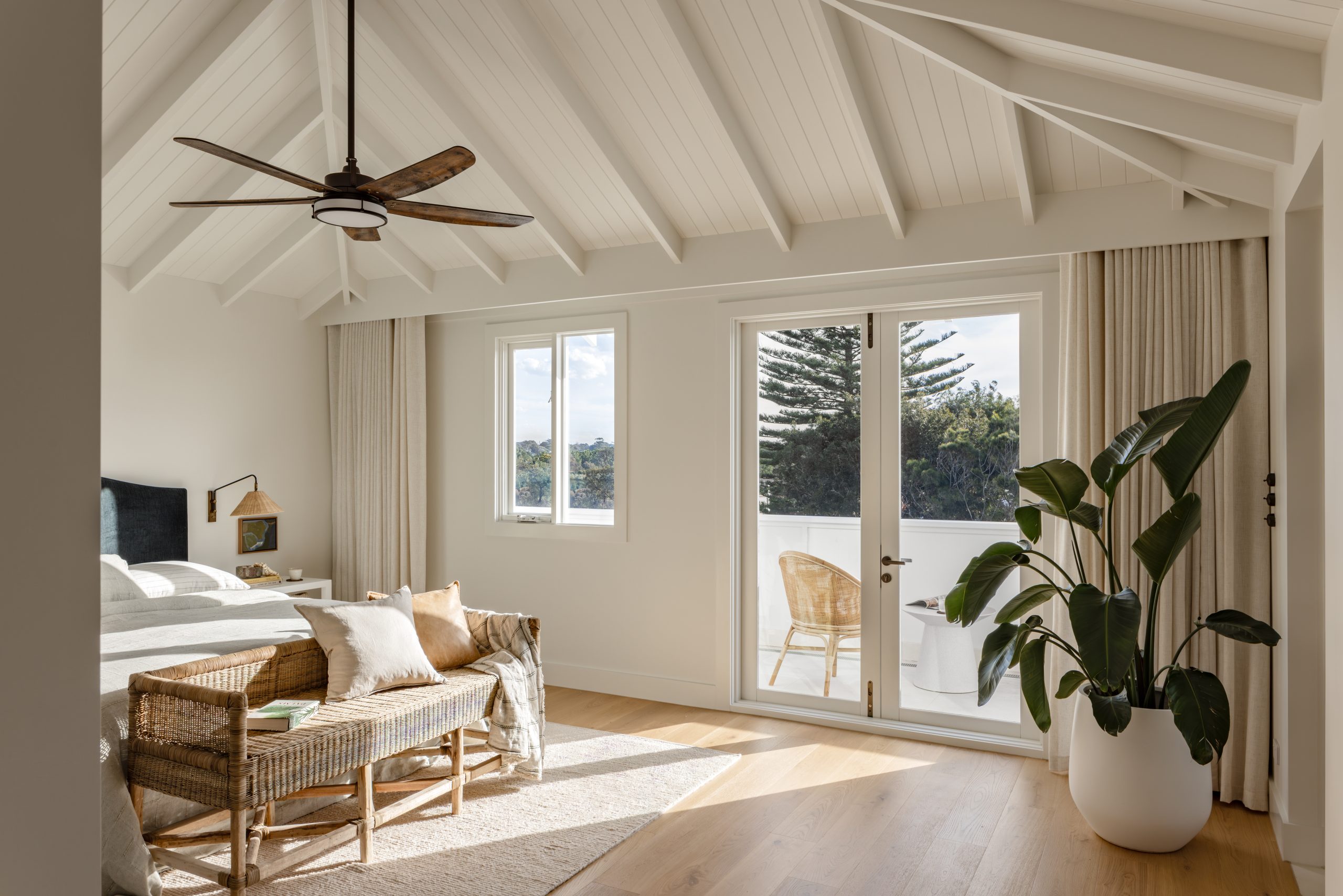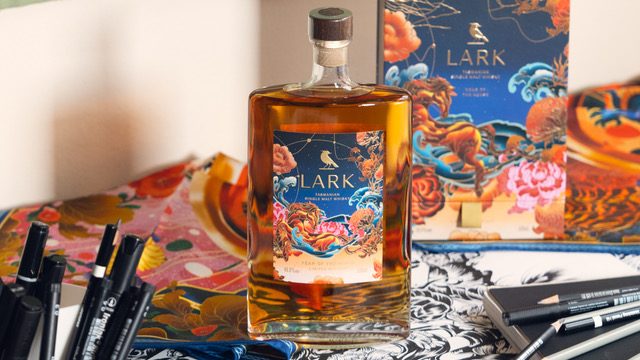Expert Reveals Bordeaux 2022 Vintage Cellar Essentials (and they are exquisite!)
Ready to level up your cellar? Here, LANGTONS Head of Auctions, Michael Anderson, selects the bottles to chase from Bordeaux 2022.
There are Bordeaux drops and then there are Bordeaux moments. This is the latter. The 2022 vintage has arrived through LANGTONS with depth across communes and enough quality to satisfy both the curious and the die-hard.
Here is your guide to what deserves a place in the cellar, and in years to come, your dining table.
1. Château Carbonnieux Blanc 2022, Graves, $110
The story of the legendary white of Château Carbonnieux Blanc (Graves, $110) stretches back to the 18th century when, thanks to its crystal clarity, it was introduced to the Sultan of Constantinople’s palace disguised as ‘mineral water from Carbonnieux. Today, the wine retains that luminous freshness in youth but develops dried and candied fruit characters with maturity, making it one of the most versatile whites in the region. This is a wine that can be drunk now through to 2029, so not a long termer.
2. Château Figeac 2022, St-Émilion, $850
If Carbonnieux speaks of crystalline youth, Château Figeac (St-Émilion, $850) speaks of longevity. Few estates can match its claim to 2000 years of continuous occupation, and the 2022 vintage bears that gravitas. Deeply garnet in colour, Cabernet Sauvignon shines here with notes of blackcurrant, blueberry, lilac, tobacco and bay leaf. On the palate, the wine is elegant and mineral, yet vibrantly alive. It’s a stunning effort that will reward those with patience – I’d suggest drinking from 2034–2060. It’s a great investment wine given Figeac’s ascent, too.
3. Château Gazin 2022, Pomerol, $235
In Pomerol, the quiet achiever is Château Gazin ($235), whose neighbours happen to be Petrus and L’Evangile. The 2022 shows deep crimson colour, with aromas of violet, musky plum, roasted chestnut and mocha. Classically proportioned, it offers a palate of ripe black fruits, chalky tannins and mid-palate depth that places it among the appellation’s most compelling releases. This wine sees its best drinking between 2029 and 2040.
4. Château Palmer 2022, Margaux, $1,050
Further south in Margaux, Château Palmer ($1,050) continues its reputation as a ‘Super Second’, officially ranked a Third Growth but revered as the equal of the First Growths. The 2022 is abundant in blackberry jam, chocolate, lavender and smoke, a wine of sheer extract and richness with remarkable intensity. It is best from 2035 and should be showing nicely to 2065. It’s a wine nipping at the heels of the Firsts and a wonderful investment opportunity.”
5. Château Haut-Bailly 2022, Pessac-Léognan, $415
Another of Bordeaux’s historic properties, Château Haut-Bailly (Pessac-Léognan, $415), dates to the mid-15th century. Its 2022 vintage shows blackcurrant pastille, violet and graphite, with a refreshing yet dense palate that finishes chalky and minerally. It is incredibly elegant now, so try from 2030–2045 with ease. A wine worth buying 6–12 bottles of to watch this ‘value’ Bordeaux evolve in the cellar over time.
6. Château Pontet-Canet 2022, Pauillac, $330
The Pauillac commune offers two contrasting but equally celebrated estates. Château Pontet-Canet ($330), founded in 1725, is full-bodied and packed with ripe black fruits supported by finely integrated tannins. The wine is remarkably compelling now, but best after 2029 through to 2045. It’s also a hit in the secondary market amongst speculators.
7. Château Lafite-Rothschild 2022, Pauillac, $1,950
Then there is Château Lafite-Rothschild (Pauillac, $1,950), perhaps the most recognised name in the Médoc. The 2022 vintage has immense grip and presence, offering loganberry, blueberry, wet stones, and forest floor. For me, this is one of the definitive wines of the vintage. It’s one of the world’s most collected and cellared wines. Best from 2034–2070+ and is a triumph.
8. Château Montrose 2022, St-Estèphe, $595
North in St-Estèphe, Château Montrose ($595) demonstrates why this Second Growth is often regarded as a rival to the First Growths. Ample blackberry, cassis and briary fruits meet velvety tannins and cedar, creating a wine of both richness and precision. The wine is fine, aromatic and worth the investment. Most joy to be extracted from 2033 onwards with a 25-year satisfaction window.
9. Château Suduiraut 2022, Sauternes, $99
The sweet wines of Bordeaux complete the spectrum. Château Suduiraut (Sauternes, $99), a neighbour to d’Yquem, delivers a 2022 that is full of marmalade, saffron, lime and orange zest. Its sweetness is cut with a lifted bitterness that lends focus. This wine is showing beautifully now and best from 2028–2035+.
10. Château Cos d’Estournel 2022, St-Estèphe, $690
Finally, another St-Estèphe giant, Château Cos d’Estournel ($690), speaks with intensity and power. A blend dominated by Cabernet Sauvignon and Merlot, the 2022 is tannic, commanding and built for the long haul like every vintage of Cos.
A resurgence in high-end travel to Egypt is being driven by museum openings, private river journeys and renewed long-term investment along the Nile.
In the lead-up to the country’s biggest dog show, a third-generation handler prepares a gaggle of premier canines vying for the top prize.
A resurgence in high-end travel to Egypt is being driven by museum openings, private river journeys and renewed long-term investment along the Nile.
Abercrombie & Kent says demand for Egypt is rising sharply across its key markets, with the destination now ranking among the company’s top performing regions for 2026.
The luxury travel group reports strong year-on-year growth across the UK, US and Australia, spanning private journeys, small group itineraries and high-end celebration travel.
Some Egypt itineraries in the US market have more than doubled compared with last year, while forward bookings already extend into 2027.
Industry observers point to a renewed confidence in Egypt as a destination, underpinned by significant cultural investment and a growing appetite for deeper, more personalised travel experiences.
One of the main catalysts has been the opening of the Grand Egyptian Museum, located beside the Giza Plateau.
The museum, the largest in the world dedicated to a single civilisation, brings together the full collection of Tutankhamun’s treasures for the first time and has reignited interest in Cairo as a standalone cultural destination rather than a gateway stop.
Abercrombie & Kent’s Senior Vice President, Egypt, Amr Badr, said: “The opening of the Grand Egyptian Museum has been transformative – we’ve seen a significant surge in enquiries since November, and the calibre of traveller is remarkable.
“These are culturally curious guests seeking genuine immersion rather than surface-level touring.
“They’re booking private after-hours access to the museum, arranging consultations with Egyptologists, and approaching Egypt with the same intentionality they’d bring to any major cultural pilgrimage.
“Egypt has always been extraordinary, but 2026 feels like a renaissance moment – the perfect convergence of world-class infrastructure and a new generation discovering why this civilisation has captivated humanity for millennia.”
According to Abercrombie & Kent, British travellers are increasingly pairing museum-led experiences in Cairo with classic Nile journeys, while demand is also rising for private dahabiya charters and bespoke river itineraries.
In Australia, repeat high-spend travellers are returning to Egypt for milestone celebrations, often opting for private touring and exclusive access experiences.
The company is responding with further long-term investment along the Nile. Later this year it will launch Nile Seray, a new luxury riverboat that will feature in a private journey debuting in 2026.
A second vessel has already been commissioned, signalling confidence in sustained demand for high-end river travel in the region.
Egypt occupies a central place in the company’s history. Founder Geoffrey Kent first introduced Nile cruising to the brand in the late 1970s with the SS Memnon, laying the foundations for what has since become one of its most enduring destinations.
Nile Seray is now accepting reservations for departures from October 2026, with four-night voyages priced from USD $3,125 per person.
Now complete, Ophora at Tallawong offers luxury finishes, 10-year defect insurance and standout value from $475,000.
ABC Bullion has launched a pioneering investment product that allows Australians to draw regular cashflow from their precious metal holdings.



